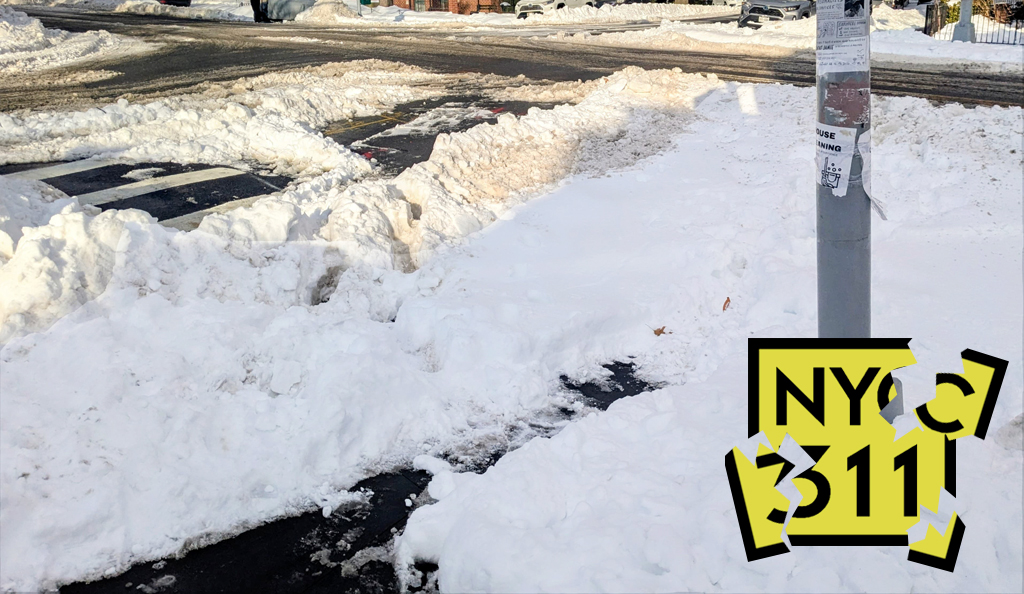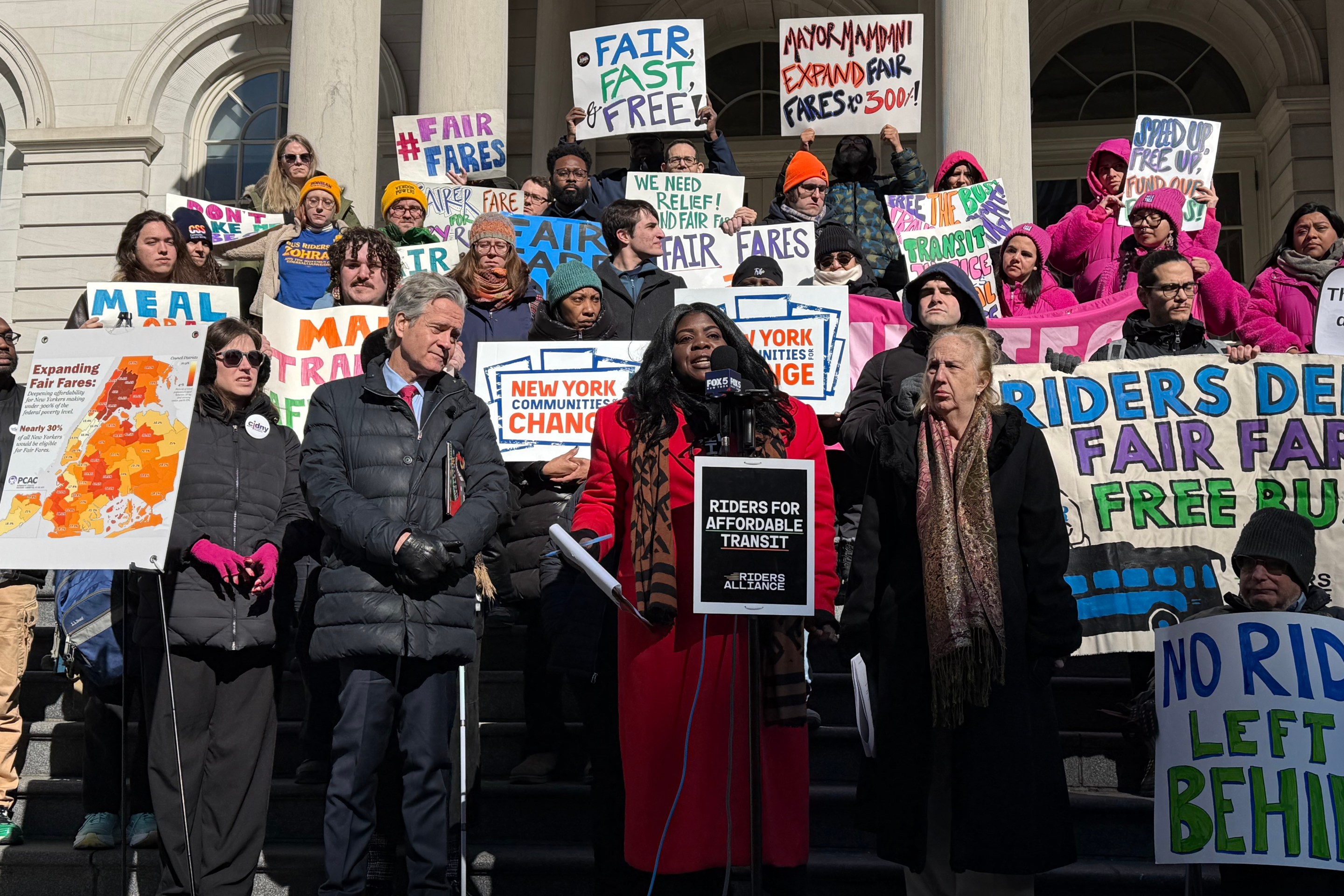Bill Shuster is still digesting yesterday’s twin funding proposals from President Obama and Ways and Means Chair Dave Camp, but he’s “encouraged” by what he’s heard. Both proposals rely on corporate tax reform to plug the hole in the highway trust fund. Camp's proposal would raise about $125 billion; Obama's, $150 billion. Neither has yet released details on how their plans would work.

“I never thought some of these other ideas were ever going to be in the cards,” the House Transportation Committee chair told reporters this afternoon.
Speaking today at the annual Washington meeting of the American Association of State Highway and Transportation Officials (AASHTO), Shuster said he was hoping to get a surface transportation reauthorization bill done this summer. Sen. Barbara Boxer has put her committee’s timeline at mid- to late-spring, using August as a deadline, when federal highway funds are expected to run out. The current MAP-21 bill expires September 30, and Shuster is using that as his deadline.
Shuster told AASHTO that he’s committed to a “fiscally responsible” bill that doesn’t engage in deficit spending, and that he hopes to “build on the reforms in MAP-21,” some of which haven’t even been implemented yet.
“He kind of implied that we’re done with reform,” commented Joshua Schank of the Eno Center for Transportation after Shuster’s remarks. “I don’t think we’re done with reform by a long shot.”
Schank’s primary objection to the status quo is that too much money is distributed by formula and not by merit. And funding transportation with corporate tax reform could potentially open the system up to more discretionary grant programs, Schank said, which would be a positive development. The most innovative transportation work -- TIGER, New Starts -- happens with general fund money, he said.
“The problem with destroying the user-pay model is that you potentially put funding in jeopardy all the time and you constantly have to go back and find new sources of funding,” Schank said. “But the benefit is, I think there’s a much better chance of reforming how we spend it -- making it more multimodal in distribution -- if it’s not just coming from highway users.”





